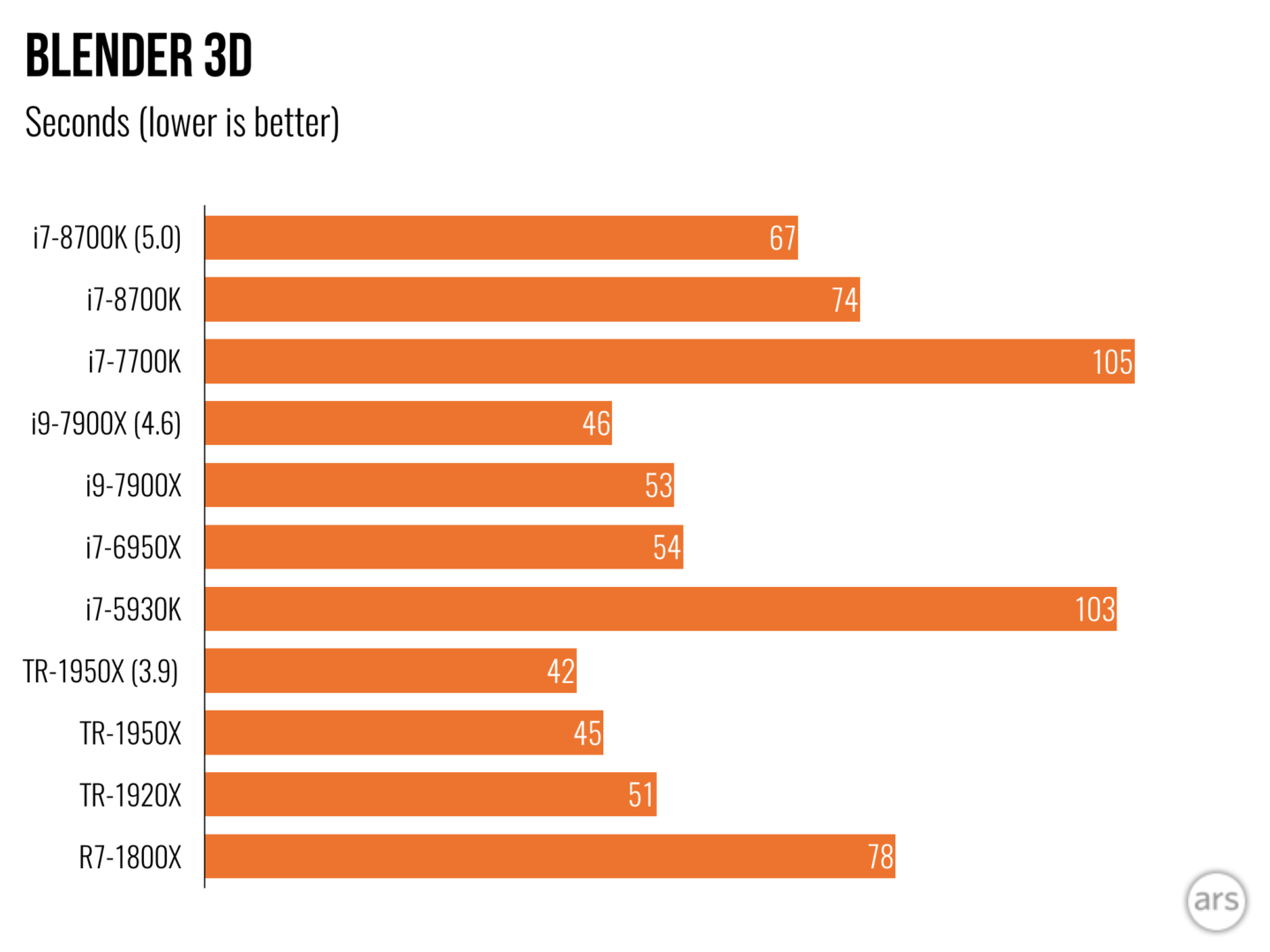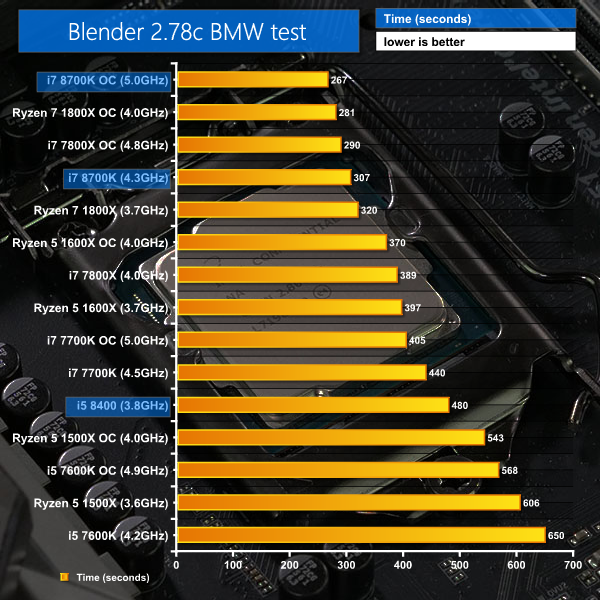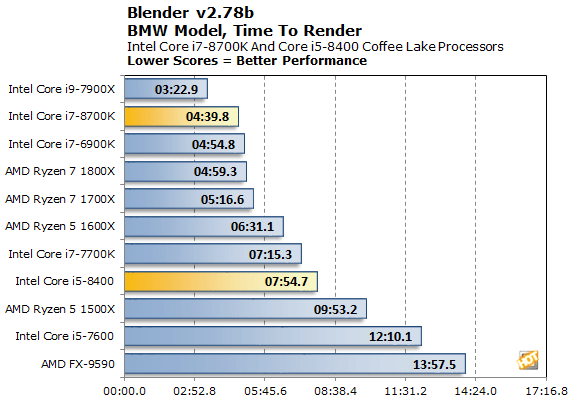OrangeKhrush
[H]ard|Gawd
- Joined
- Dec 15, 2016
- Messages
- 1,673
Do you even read the crap you post?
"At stock, the Intel system with fewer cores is faster, but the AMD system gets faster when you overclock it!"
What about when you overclock the Intel system? Or are you not going to compare apples to apples? Is your need to 'counter-troll' so demanding that you cannot present an honest argument?
Further, with respect to memory, it's not about bandwidth with Ryzen- it's all about latency. By increasing memory clockspeed, you overclock the CPU's infinity fabric, which results in lower inter-die latency, and by using lower latency memory, you decrease memory latency on top of that, therefore lowering system latency.
Your best bet for RAM on Ryzen is the DDR4-3200 C14 stuff, which is stupid expensive, when on Intel it mostly doesn't matter, and it'll still be faster than Ryzen. If anything, AMD needs to get a massaged stepping out that isn't so dependent on nice RAM.
Maybe you are the one who doesn't read, but hardly surprising given your stance.
A 1700 stock at 3.4ghz all core is basically as fast as a stock 8700K with its 4.4ghz all core, so in a non clock vs clock the Ryzen is already impressive, then you look at the overclock scores and the Ryzen 1700 at 3.9ghz is beating the overclocked 8700K compellingly.
![[H]ard|Forum](/styles/hardforum/xenforo/logo_dark.png)







